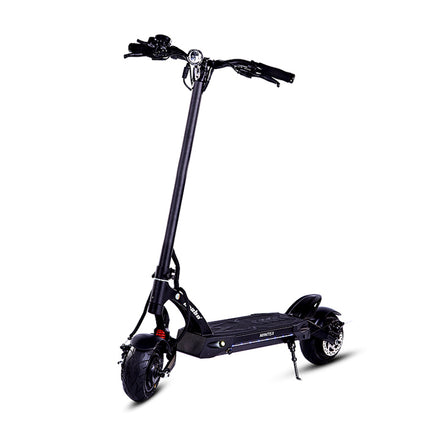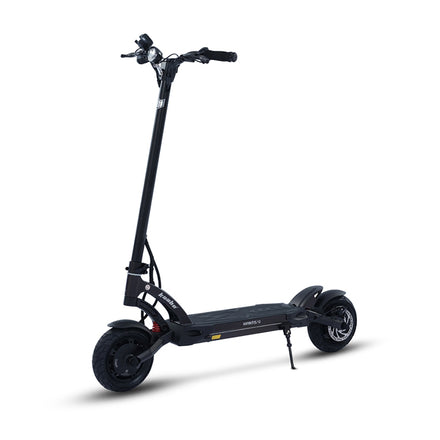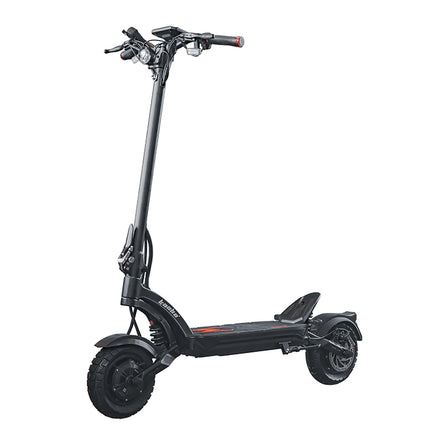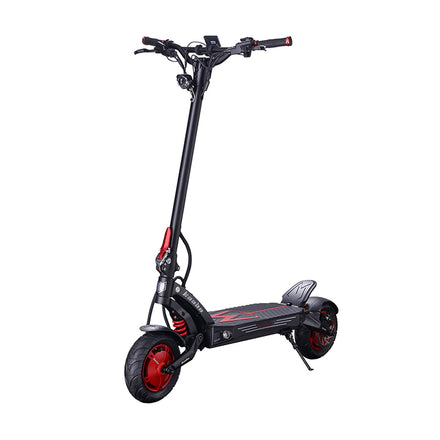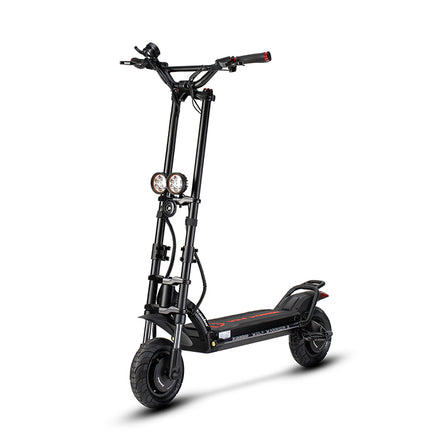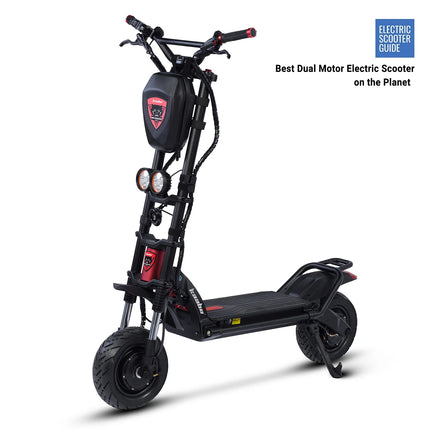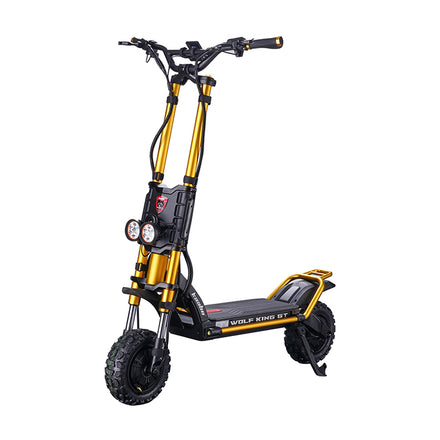Eco-Friendly and Efficient: Electric Scooters Revolutionizing Urban Transportation
Introduction:
In the bustling streets of our cities, a quiet revolution is underway. Electric scooters, once seen as mere toys, have rapidly evolved into key players in urban mobility. They offer a promising solution to several pressing urban challenges, such as air pollution, traffic congestion, and the urgent need for sustainable transportation options. This blog post explores how electric scooters are shaping the future of urban transportation, emphasizing their environmental, economic, and societal impacts. Whether you're a city planner, an environmental enthusiast, or just someone looking for a cleaner commute, this deep dive into the world of electric scooters will shed light on why they are more than just a convenient mode of transport—they are a vital innovation for our cities.
The Rise of Electric Scooters in Urban Landscapes
Electric scooters have come a long way from being niche gadgets to becoming mainstream vehicles in urban transportation networks. Their surge in popularity can be attributed to their simplicity, affordability, and minimal environmental footprint. Cities like San Francisco, Paris, and Beijing have seen a significant uptick in scooter usage, thanks to initiatives that promote electric vehicles as part of a broader movement towards sustainable urban living.

Environmental Benefits: A Cleaner Commute
One of the standout features of electric scooters is their positive impact on the environment. Unlike traditional vehicles that rely on combustion engines, scooters produce zero direct emissions, making them a clean alternative for short-distance travel. Studies show that if a significant portion of urban commuters switched to electric scooters, urban air quality could improve dramatically, leading to better public health outcomes.
- Reduced Carbon Footprint: Electric scooters can significantly decrease the carbon dioxide emissions from the transportation sector.
- Noise Pollution: They operate almost silently, reducing noise pollution in densely populated areas.
Economic Advantages: Cost-Effective and Accessible
Electric scooters are not only good for the planet but also for your wallet. They are cheaper to maintain than cars because they have fewer parts that could fail. Furthermore, many cities have introduced scooter-sharing programs, which make scooters accessible without the need for ownership.
- Low Maintenance Costs: The upkeep of electric scooters is minimal compared to that of motor vehicles.
- Accessibility: Scooter-sharing platforms provide affordable access to mobility without the financial burden of ownership.
Impact on Urban Infrastructure and Society
The integration of electric scooters into urban transportation systems also prompts changes in infrastructure, such as the creation of new bike lanes and parking docks. These changes encourage a more active lifestyle and can lead to a decrease in urban traffic congestion, thereby increasing the efficiency of city transportation networks.
- Urban Design: Cities are redesigning spaces to accommodate electric scooters, promoting safer, more organized urban environments.
- Social Inclusion: Scooters provide mobility solutions for a range of populations, bridging the gap in access to transport for many urban dwellers.
Challenges and Considerations
Despite their benefits, electric scooters face certain challenges such as regulatory issues, safety concerns, and the need for proper infrastructure. Addressing these challenges is crucial for the successful integration of scooters into urban transport systems.
- Safety Measures: The need for clear regulations and improved safety measures is evident as scooter-related accidents have risen with their increased use.
- Infrastructure Adaptation: Adequate infrastructure, such as dedicated lanes and parking areas, is essential to prevent clutter and ensure the safe use of scooters.
Looking Ahead: The Future of Urban Mobility with Electric Scooters
As technology advances, electric scooters are expected to become even more integrated into urban transportation systems. With improvements in battery technology and cost efficiency, they could serve as the backbone for the future of city commuting.

FAQ Section
Q: How environmentally friendly are electric scooters really?A: Electric scooters are highly environmentally friendly, as they produce zero emissions and require less energy compared to traditional vehicles.
Q: What are the main economic benefits of using electric scooters?
A: The main economic benefits include low maintenance and operation costs, as well as reduced spending on public transport or personal vehicles.
Q: Are electric scooters safe to use in urban environments?
A: Yes, with proper regulations and dedicated infrastructure, scooters can be a safe part of urban transportation networks.
In Summary
Electric scooters are more than just a fad; they are a viable and sustainable alternative to traditional urban transportation methods. By embracing electric scooters, cities can address environmental concerns, reduce traffic congestion, and offer an economical mode of transport to their citizens. As we look to the future, the role of electric scooters in urban transportation is poised to grow, marking a significant step forward in our journey towards sustainable city living.
Related Product
Newletter
Promotions, new products and sales. Directly to your inbox.
Lastest Blog Post








